By Mao Jialing
Editor, Chinese Agency for Chinese Medicine and Pharmacology News1
Translated by Heiner Fruehauf
National University of Natural Medicine, College of Classical Chinese Medicine
How dramatically time has passed for the profession of Chinese medicine! On one hand, we have the glories of the past and the prospects of the future, while on the other we have the sobering reality of the present. The field of Chinese medicine is currently undergoing a relentless assault by the technological culture of Western science, casting it into alternating states of pain and exhilaration. In the process of modernization we may have managed to dress up our field in contemporary attire, but what a heavy price we had to pay: the constant pain and discomfort as we see ourselves violate the foundational tenets of Chinese medicine every day, and most importantly, as we witness the vanishing of its soul, its spirit.
This situation, where the shiny veneer of external color belies the dire conditions on the inside, has brought about a state of serious disorientation in the profession. After an initial burst of excitement, many Chinese medicine practitioners become depressed, unsure in what direction to turn… For several millennia, Chinese medicine was the only system of medicine in China. Recently, it had to come face to face with the cruel situation of competition in the modern marketplace, a process that has led to the loss of almost all of its previous “territory.” There are very few TCM hospitals remaining today that can survive by offering “exclusive” and “pure” Chinese medicine services without patients disappearing and business taking a nosedive. Most TCM hospitals, therefore, have added a host of Western medicine services in specialty areas for the survival of their institution, relying on the steady stream of income that the Western medicine business tends to guarantee in a modern environment. The official numbers, recently released by China’s National Ministry of Health, reflect this situation: in 2004, there were 5.58 million practitioners of Western medicine in the People’s Republic of China, compared with 407,200 registered practitioners of Chinese medicine; similarly, 16,800 Western medicine hospitals compare to 2,600 Chinese medicine hospitals.
I wish to stress that these numbers do not only reflect the present market share of Chinese medicine in today’s public health environment, but also to a certain degree its effectiveness. Although we still may find ourselves in a position to cite a multitude of cases where the application of traditional modalities resulted in a positive outcome, these do by no means prove the general effectiveness of Chinese medicine as it is practiced today. If Chinese medicine was really that effective today, would it be possible for its numbers to dwindle to a fraction of the public healthcare picture? During the past several decades, the hardscape of TCM has experienced rapid development—one could arguably view it as the most dramatic growth period in the field. The same time, however, has also emerged as the most worrisome crisis period with regard to the quality of academic content and human talent. When we examine the reasons for this unfortunate development, we find that they can be summarized in the following three categories, all of which presently determine and severely limit the existential development of Chinese medicine:
The degeneration of human resources in the profession of Chinese medicine. This problem is clearly caused by the present system of TCM education. Although this quandary has rather obvious solutions, such as reforming the present standardized curriculum at state schools, it is a truly daunting task to effect major change in this area when considering the present intellectual environment and the economic demands of the modern-day medical marketplace. Contemporary TCM institutions therefore naturally give in to present market needs, by producing TCM “talents” who clearly are not genuine Chinese medicine physicians, but who make suitable workers in those “TCM hospitals that make a living by selling Western medicine services and pharmaceuticals.”Environmental changes affecting medicinal plant and animal species, including changes in their medicinal effectiveness. Many plants and animals have recently been declared protected species, and have thus become off limits for herbalists, or need to be replaced via substitution. The present crisis in the availability of genuine Chinese medicine material medica resources has produced a situation where, even if a correct differential diagnosis was arrived at, the appropriate prescription cannot be issued anymore.The westernization of the administrative super-structure of Chinese medicine. This issue is the crucial bottleneck that most severely limits the development of Chinese medicine. It is extremely difficult to change this established system, since it has developed into a rigid entity in its own right, ticking according to its own misguided principles.
If the field of Chinese medicine continues to develop according to the fashionable directive of “glorious surface, collapsed interior,” it won’t be long before the chain of genuine knowledge transmission will be broken, before the market share of Chinese medicine will dwindle down to zero, and until no more but an empty shell will remain of the profession of Chinese medicine. In slightly more pessimistic and maybe exaggerated terms one could say that the age-old profession of Chinese medicine is presently facing a quiet death. Thousands of years of accumulated experiential knowledge gone in a flash—by finally having become “one with the rest of the world,” by having become “scientific.” The price: the sacrifice of its unique flavor and clinical benefits. Is this now a “revolution” that gives us reason to rejoice, or is it a “tragedy” or even a “sin”? However way we look at it, the development of Chinese medicine has reached a state of extreme crisis! These may sound like empty words, overblown perhaps, but I believe that history will be the true judge of this statement… “
We need to revitalize Chinese medicine! We need to bring about a renaissance of Chinese medicine! We need to save Chinese medicine!”—for how many decades now have we been shouting these slogans, and how many administrative measures have been passed to support, to protect, and to develop the field of Chinese medicine, but here we are years later and still talking about the exact same issues. The decade-old problems are still problems, trapped in a vicious circle that loops back and forth in a maze of never-changing questions: “What is science?” “Is Chinese medicine a science?” “If Chinese medicine is a science, what type of science is it?” “If Chinese medicine is not a science, then what is it?” …. We can only answer this slew of questions appropriately if we advance to a deeper and more fundamental level of discourse, by understanding the scientific significance of Chinese medicine, and by seeking out the philosophical foundations that qualify Chinese medicine as a scientific discipline in its own right. Only then can we generate a set of appropriate administrative measures and directives that can do justice to the unique nature and inherent advantages of Chinese medicine, and only then can the persistent inequity between the two systems of medicine be resolved. Only in this type of environment can the genuine article prosper again.
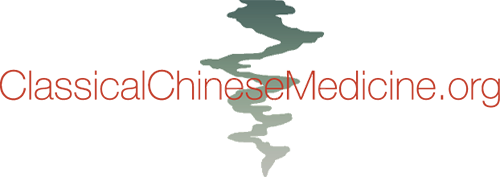
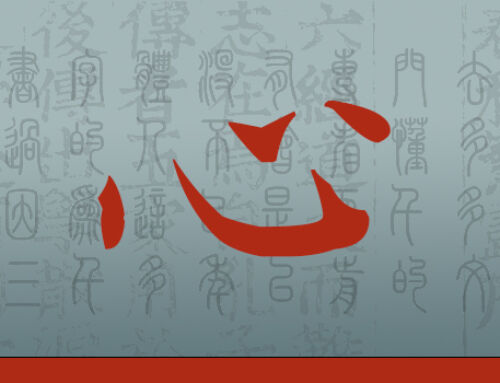
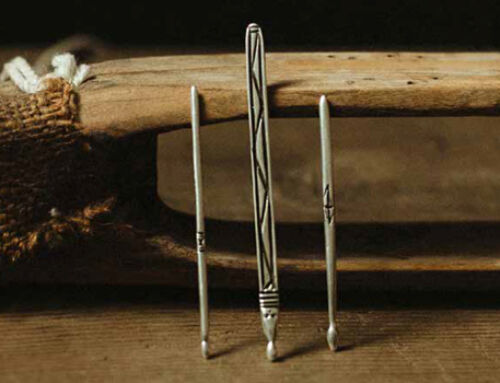
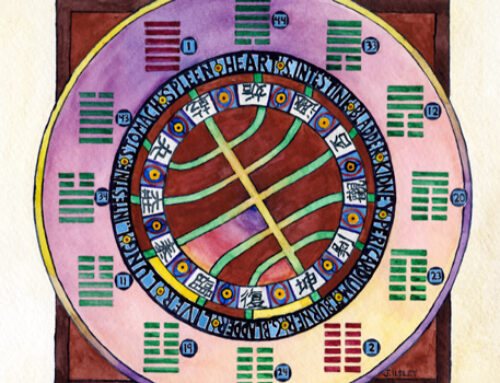
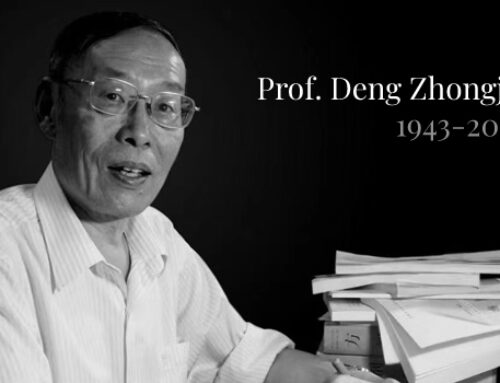
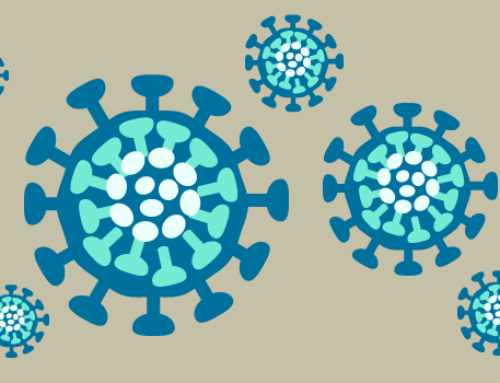
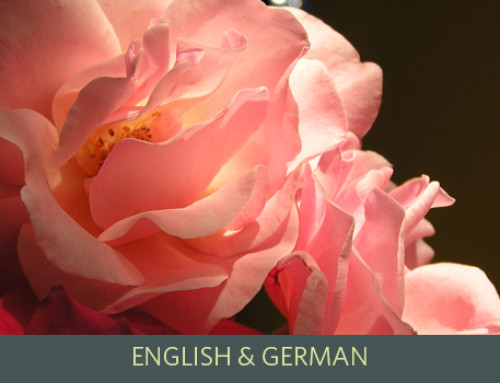
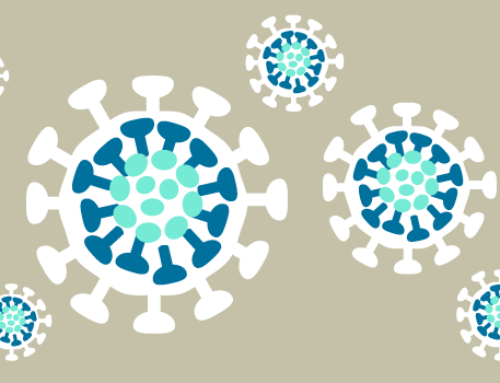
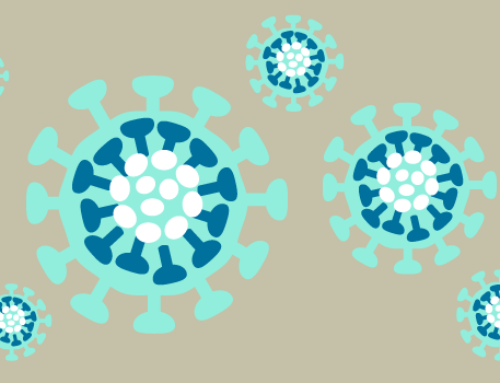
Leave A Comment
You must be logged in to post a comment.